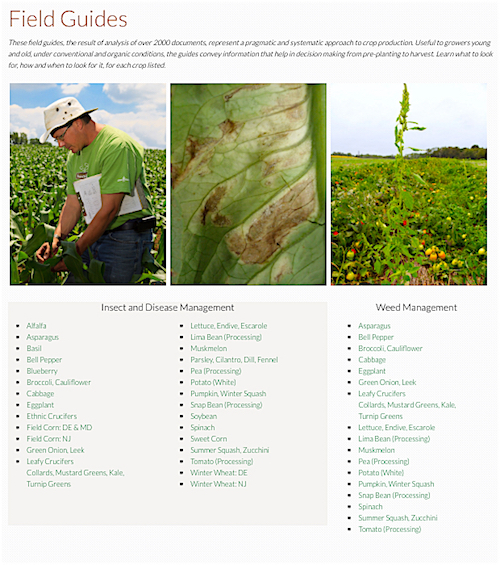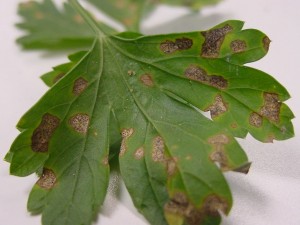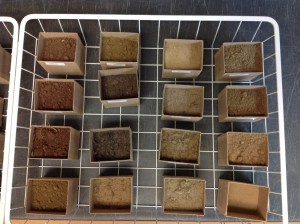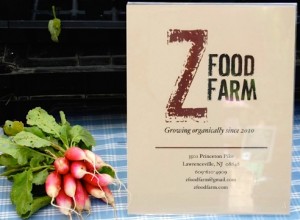Septoria leaf spot in parsley can cause significant losses in fields where it has become established. Like other Septoria’s, the leaf spots produced on parsley look much like the leaf spots produced on tomatoes and other crops.
Parsley growers who have significant septoria leaf spot issues every year and have seen poor control in fields where FRAC code 11 fungicides have been used considerable in the past should consider no longer using them due to potential resistance issues. Fungicide programs should include Fontelis at a high rate (16.0 to 24.0 fl oz/A) tank mixed with a copper rotated on a weekly basis with Merivon (5.5 fl oz) plus copper. Fontelis has a 3 day PHI and a 72.0 fl. oz season max. Merivon has a 1 day PHI and 33.0 fl. oz season max. Organic farmers should use an OMRI-approved copper fungicide on a regular basis to help suppress septoria leaf spot.
 Articles in this section contain information helpful to the NJ commercial organic grower.
Articles in this section contain information helpful to the NJ commercial organic grower.


 Rutgers Cooperative Extension of Mercer County and NOFA-NJ welcome Lee Stivers from Penn State Extension as she joins us remotely giving a presentation on post-harvest handling procedures for high-quality, marketable produce via webinar.
Rutgers Cooperative Extension of Mercer County and NOFA-NJ welcome Lee Stivers from Penn State Extension as she joins us remotely giving a presentation on post-harvest handling procedures for high-quality, marketable produce via webinar.